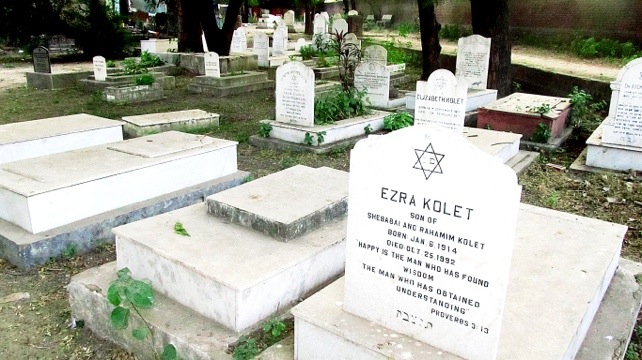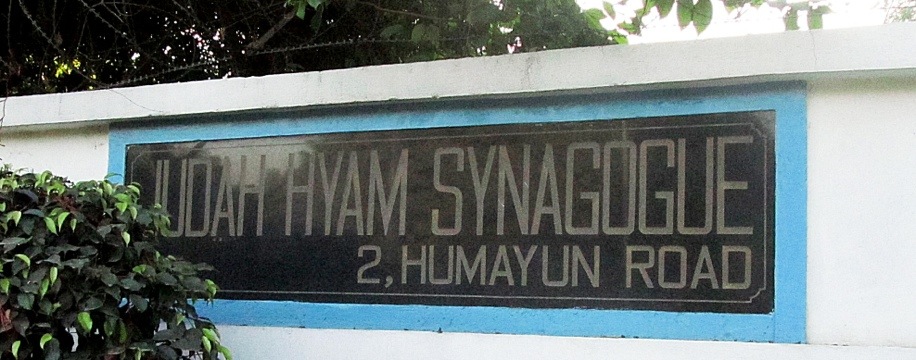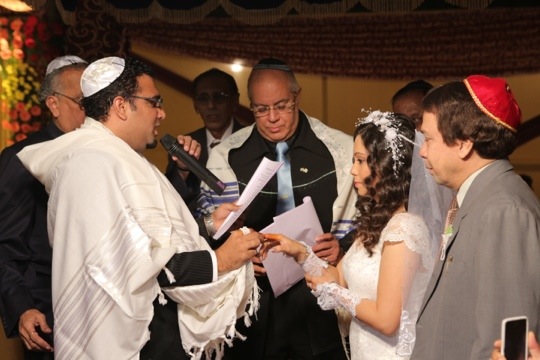NEW DELHI — When I was a kid growing up in White Plains, New York it seemed my whole world was Jewish. At the time there were about 5 million Jews in the United States (there are 6.5 million today) and about half lived in and around New York City. Most of my friends were Jewish. Rosh Hashanah and Yom Kippur were public school holidays in White Plains.
As an adult, I also learned something about being a lone Jew. Where I live, in northern Michigan’s Benzie County, there are a handful of Jews among the county’s 17,000 residents. A year ago I went to Passover Seder with a group of young friends interested in the Jewish celebration of freedom and I was the only Jew at the table.
So I understand a little about the strength and unity of purpose, the adherence to tradition and principles, and the Jewish values and way of life that sustain members of the Judah Hyam Synagogue, the only Jewish congregation in India’s capital city of more than 20 million residents. On Friday night I plan to join Ezekiel Isaac Malekar, the congregation’s religious leader, for Sabbath evening services.
In 1956, when the Judah Hyam Synagogue was built, there were about 35,000 Jews in India. Most descended from Jewish settlers who arrived in India during two eras: the Inquisition of the 12th century, and during the British Colonial era of the 19th and early 20th centuries.
Today, after a large number of families migrated to Israel, there are 5,000 Jews in India, most of whom live in and around Mumbai. The Judah Hyam congregation has less than 10 member families. The synagogue, though, attracts its share of attention and visitors — travelers like me and staffers in various embassies and foreign offices. Some 10,000 people visit the synagogue each year. In 1995, Israeli Foreign Minister Shimon Peres dropped by.
And last month, Mazel Tov!, the congregation celebrated its first wedding in half a century.
— Keith Schneider





Does New York have a time limit provision for this like the 10-day limit in the US Constitution?